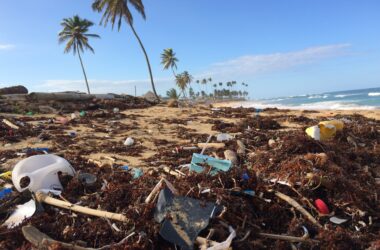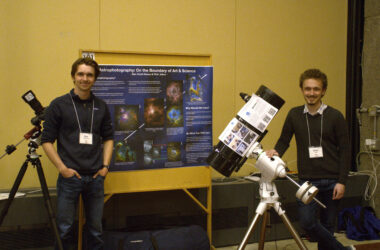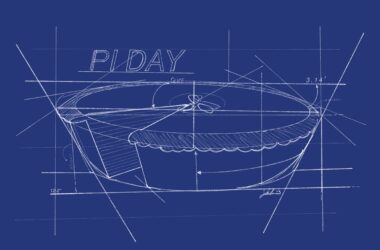On April 9, the McGill Science Writing Initiative (MSWI) announced the winner of their third annual Case Competition. For this competition, McGill undergraduate students presented their projects in a variety of formats, including children’s books, podcasts, and literature reviews. Five teams made it to the final round of the competition, with each team presenting their work at the MSWI Symposium before a panel of judges announced the winner of the competition.
All of the projects this year centred around the theme of evolution, which can mean anything from the biological evolution of animals to the evolution of scientific fields over time. Their past themes have included diversity and sustainability.
The winning team, competing under the name Baobabes, focused their research on adaptation to adversity. “With the theme of evolution in mind, our team decided to settle on the topic of adaptation following adversity: A perspective which views psychological and physiological changes following early life stress as active alterations made in the interest of survival,” wrote the team in an email to The Tribune.
The Tribune spoke with four of the club’s organizers, Peter El Khoury, U3 Science, Sydney Wasserman, Masters U2 Nursing, Anh Ngo, U2 Engineering, and Abigail Wolfensohn, U2 Science, about the role MSWI plays in teaching science communication skills at McGill.
“[MSWI] is a student-led club for students to kind of relieve this pain point about not having enough information on scientific communication, scientific writing, on the McGill campus in general,” El Khoury said.
Although science writing is a critical skill, it is often overlooked in McGill classrooms, leaving a large gap for clubs like MSWI to fill.
“As much as we might develop our understanding of our fields and really learn how to be an engineer, a nurse, or a scientist, we can’t actually bring any of that to fruition or incorporate any of the things that we learned unless we learn how to communicate it to a variety of audiences,” Wasserman explained.
To help students learn these skills, MSWI challenges teams to present their science projects in three distinct formats.
The team’s first challenges involved creating a graphic essay to incorporate visual storytelling into science communication. Then they interviewed an expert on their topic and assembled a podcast or video based on the discussion. The final challenge, which was presented on Wednesday, was to conduct a formal literature review.
Throughout these stages, the target audience ranged from young children to adults in other disciplines to scientists with background expertise, challenging participants to communicate in a wide range of levels of complexity.
Each finished product is reviewed by a team of judges, which includes scientists, journalists, and economists.
“We tend to try to have as wide a variety of people from different professions, different levels of life, just to be able to really, you know, kind of get those different opinions on the judging process,” Wasserman said. “We had a reporter be one of the judges for our news article task last year, and it was really cool.”
While the competition focuses primarily on science writing, the MSWI team invites students from all faculties to participate.
“Science communication is so important for students in science, but also beyond science, we actually encourage a lot of students in all faculties and in all departments,” Wasserman said. “We’ve had people from architecture, from arts, engineering, finance, science, so it’s really exciting. Just about anybody can join.”
For those looking to get involved, MSWI has a variety of resources available on its website, including an ebook with tips for getting started with science writing. Additionally, they plan to release a podcast over the summer that features interviews with professional science educators. The Case Competition runs yearly, with applications typically opening in December and the projects running throughout the Winter semester.









